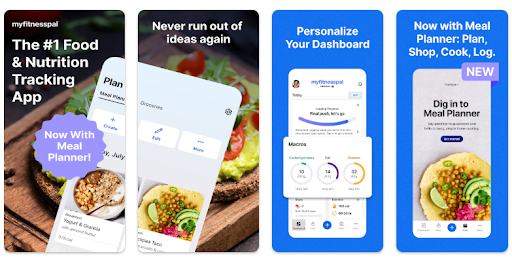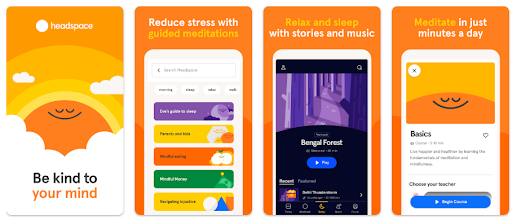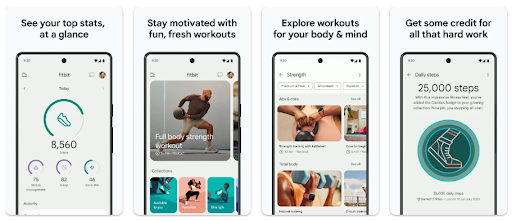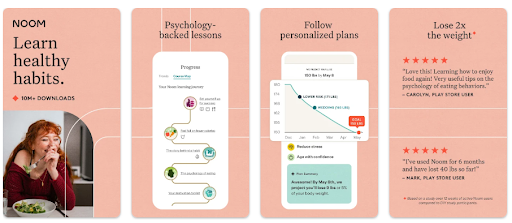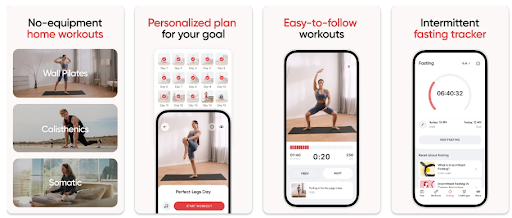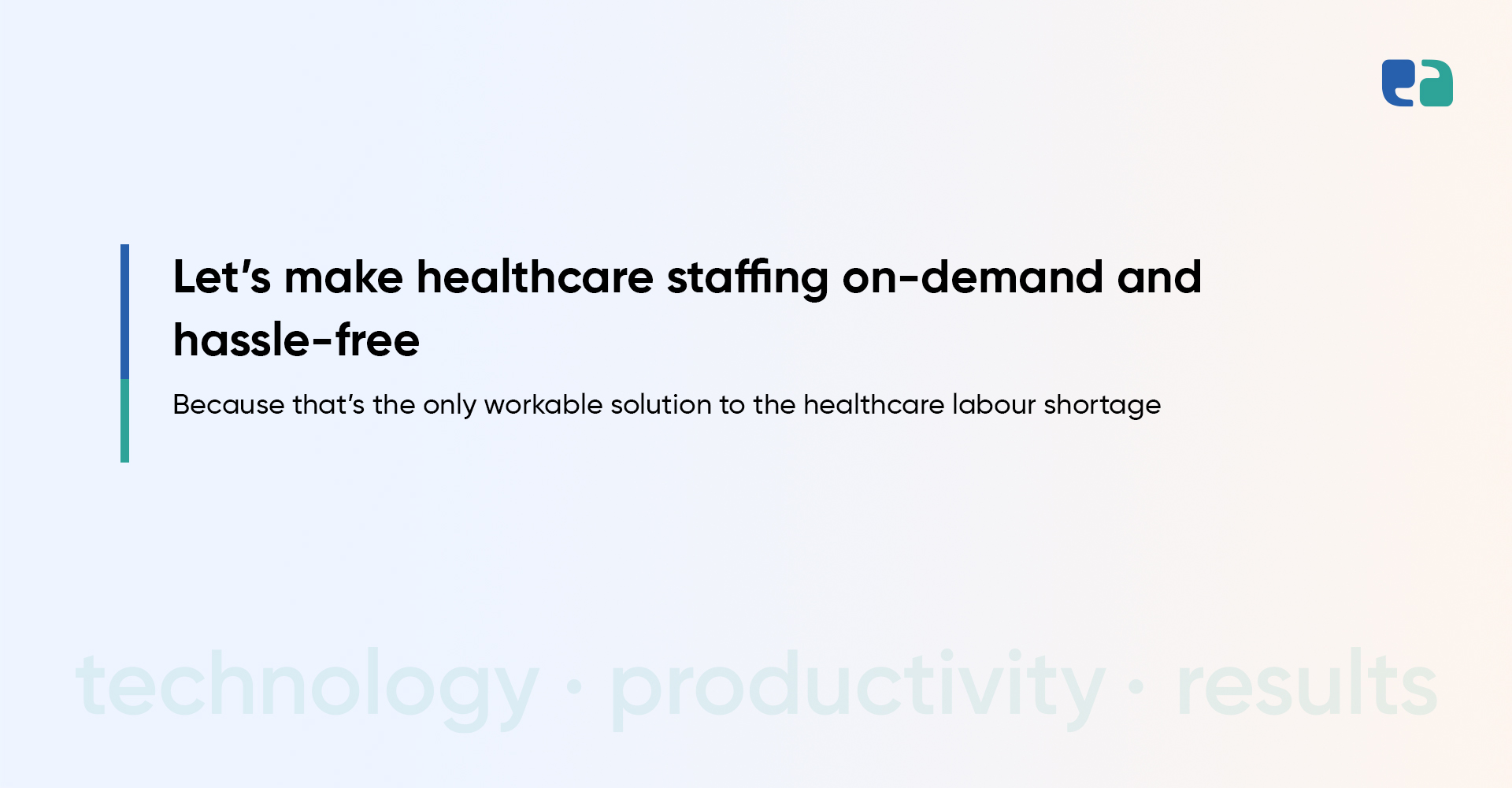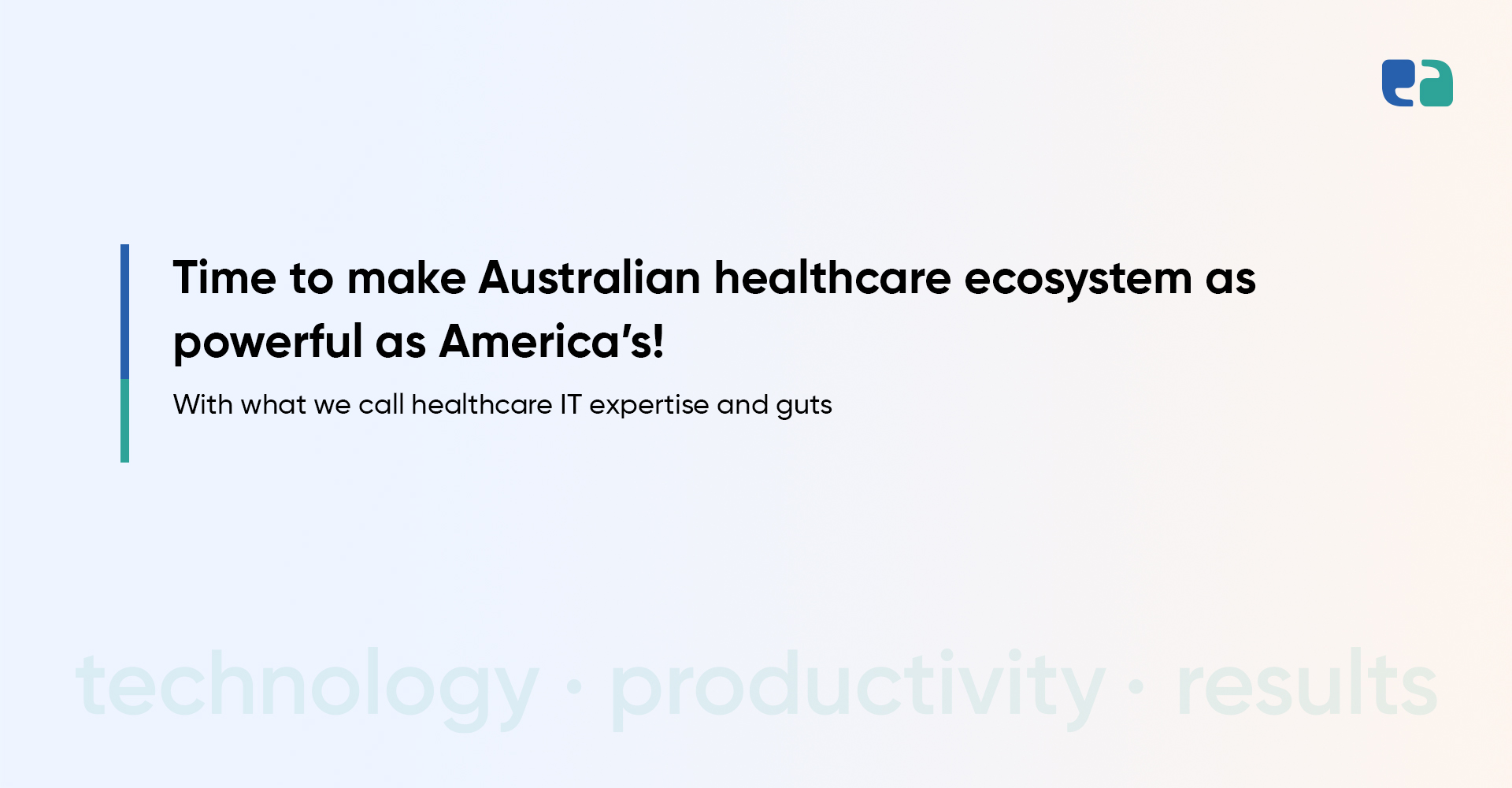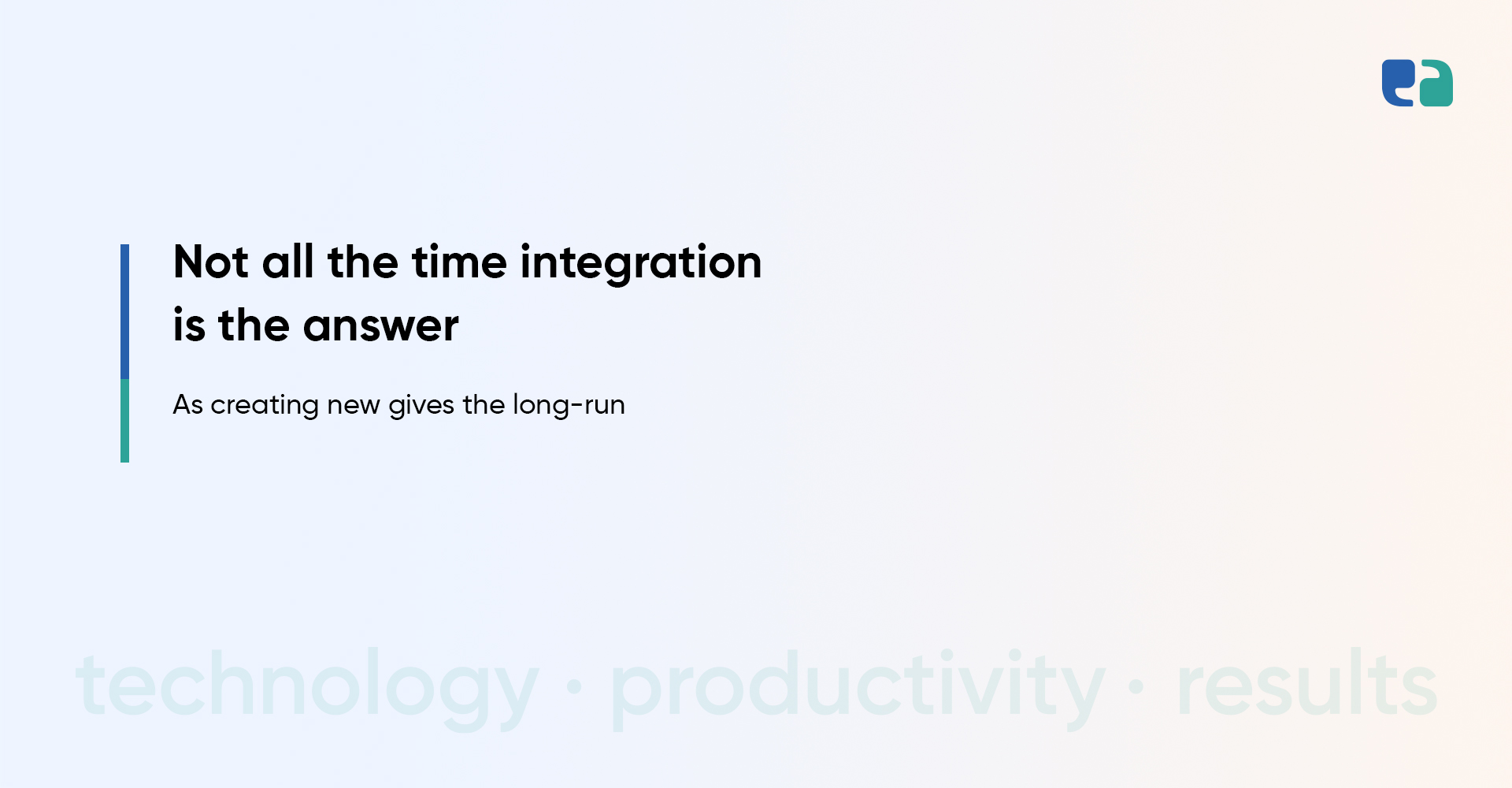“Take care of your body. It’s the only place you have to live.” — Jim Rohn
And these days, we have a lot more ways to take care of it — right from our phones.
Health apps are changing the game.
They’re helping people stay on top of their health, manage conditions, and live better lives — all with just a few taps.
If you’re thinking about building a health app, especially for Android, you’re honestly right on time.
The digital health market is booming — expected to cross $197.88bn billion by 2025 — and the demand is only getting stronger.
More people want to track their fitness, monitor their sleep, manage chronic diseases, and stay connected with healthcare providers.
And with Android holding 71% of the global smartphone market, it’s the perfect platform to reach millions.
The opportunity? Huge.
The timing? Perfect.
The tools and tech? Better than ever.
In this blog, I’ll walk you through what it really takes to build the best health app for Android — and how SyS Creations can help you make it a real success.

What Makes an App the “Best Health App for Android”?
So, what exactly makes an app the best health app for Android? It’s not just one feature. It’s a mix of key elements that users love and that meet the industry’s high standards.
Top Popular Examples of the Best Health Apps for Android
So, who’s already leading the pack in the crowded Android health app space? The top apps are those that have nailed the key features – like intuitive design, powerful tracking, and smooth integration – all while keeping security in mind. They offer real value and make it easy for users to fit them into their daily lives.
Here are a few examples of top health apps on Android and what makes them stand out:
Why Build a Health App in 2025?
Is 2025 the right time to build a health app? Absolutely! The market is ripe with opportunities, especially on the Android platform.
Several trends are converging, creating a great environment for new health apps. Here’s why now is the perfect time to dive in:
- Health Consciousness is Rising: More people are taking charge of their health and fitness. They want tools to manage their health, track habits, and stay on top of wellness.
- Android’s Massive User Base: Android is the leading mobile platform, with a market share of 71.65% as of Q2 2024. That’s about 3.9 billion users globally. Android’s affordability, especially in developing countries, means it’s an ideal platform to reach a wide and diverse audience.
- Explosive Growth in Digital Healthcare: The mHealth market alone is expected to reach $158 billion to $296 billion by 2030-2032, with some estimates suggesting it could exceed $780 billion by 2037.
As health awareness rises, Android offers the platform to reach millions, and the growing market proves the potential for substantial returns.
Additionally, advancements in tech like AI, machine learning, and wearables are changing the game. Apps that incorporate these technologies can deliver personalized experiences and stand out in a crowded market.
Challenges to Building a Successful Health App on Android
Building a health app, especially on Android, can be tricky. There are several challenges you’ll need to anticipate to ensure your app is successful, secure, and trustworthy.
The Smart Way to Build: Why Custom Apps Beat Generic Solutions
When you’re building a health app, it can be tempting to go with a template or off-the-shelf solution to save time and costs.
However, for the healthcare industry, a custom-built app is often the smarter choice. Here’s why:
1. Flexibility, Scalability, and User Engagement
- Tailored to You: A custom app is built to meet your unique needs. It’s designed for your specific workflows, making it a much better fit than generic solutions.
- Growth-Ready: Custom apps are built to scale. As your user base grows, your app can grow with it, unlike templates that may struggle with added complexity.
- Complete Control: With a custom build, you own the app. You can make changes, add features, and evolve the app over time as your needs change.
- Better Engagement: Custom apps allow you to build in features like personalization, gamification, and community support, which are key to keeping users engaged.
2. Ready for the Future
The health tech world is changing fast with AI, wearables, and telehealth becoming essential. A custom app is built to integrate these technologies from the start, ensuring your app stays relevant and competitive.
- AI: Custom apps can integrate AI to deliver personalized health plans and predictive analytics.
- Wearables: Custom apps can sync with devices like Fitbits and smartwatches, enabling features like remote patient monitoring.
- Telehealth: With telehealth growing, custom apps can include secure video calls, appointment booking, and messaging.
3. Better Security and Compliance
A custom app allows you to design the security measures needed to comply with regulations. With a custom build, you can ensure strong encryption, data access controls, and compliance from the start.
Bonus Section: FAQs About Health App Development
If you’re thinking about building a health app, you probably have some questions. Here are answers to some of the most common ones:
1. How long does it take to develop a custom health app?
The timeline depends on the app’s complexity and features. On average, the development process, including planning, design, testing, and deployment, can take several months. For a Minimum Viable Product (MVP) with core features, it can take around 3-4 months. Development for Android might take longer than for iOS due to testing on more devices and OS versions.
2. How much does it cost to build a custom health app?
The cost can vary greatly depending on the app’s complexity, platforms, and the expertise of the development team. A basic iOS health app may cost around $40,000 – $50,000. For more advanced apps, the cost could reach $100,000 – $150,000 or more. This price includes design, testing, marketing, and ongoing updates. Starting with an MVP can help manage costs and risks.
3. What is an MVP and why is it recommended?
An MVP (Minimum Viable Product) is a basic version of your app that includes only the essential features needed to solve the core problem. For example, a telemedicine app MVP might only include appointment booking and video calls. Building an MVP allows you to test the app with real users, gather feedback, and make improvements before investing in a fully-featured version. It’s a great way to minimize risk and save time.
4. How important is user experience (UI/UX)?
User experience (UI/UX) is crucial for a health app’s success. A simple, intuitive, and visually appealing design can make the app more enjoyable and easier to use. A well-designed app with clear navigation, accessibility features (like adjustable text sizes), and responsiveness across devices can boost user retention and long-term engagement.
5. Do I need to hire healthcare-specific developers?
Yes! Hiring developers who specialize in healthcare IT is highly recommended. They are familiar with the complexities of healthcare workflows, data security, compliance requirements (like HIPAA), and integrations with systems like EHRs or wearables. Their expertise ensures that your app is secure, compliant, and well-suited to the healthcare environment, saving you time and reducing potential risks.

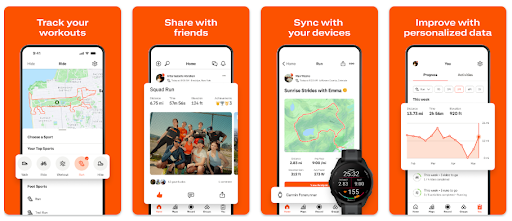 A favorite for runners, cyclists, and hikers.
A favorite for runners, cyclists, and hikers.
